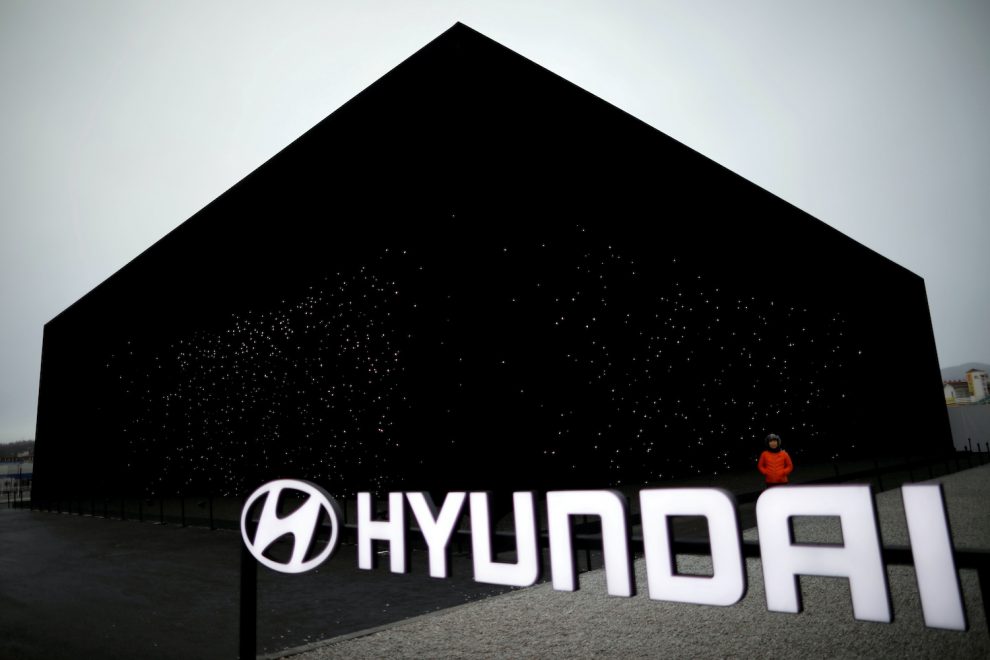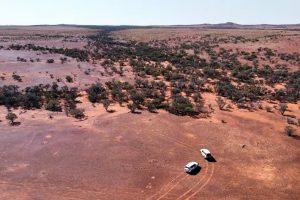South Korea’s Hyundai Motor Group has launched a new automotive plant that will produce Indonesia’s first locally assembled electric vehicle (EV).
The initiative is part of president Joko Widodo’s goal of developing a full EV supply chain utilising the country’s mineral resources.
At the plant’s inauguration on Wednesday, Jokowi, as the president is known, said the government was providing incentives and had removed red tape to try to boost investment in EV development.
“We need to be an important player in the global supply chain of electric cars,” he said. “Our country has large mineral resources that can be used for development of electric cars.”
Major Nickel Producer
Indonesia is a major nickel ore producer, an important material for EV batteries. It also produces cobalt, also used for batteries, and has large deposits of bauxite and copper ores, which can be used for EV production, Jokowi said.
Downstream development of Indonesia’s natural resources has been one of Jokowi’s key economic goals to lure foreign investment and create jobs. By 2024, all EVs produced in Indonesia will use locally made batteries and other key components.
Hyundai in 2019 said it would invest $1.55 billion up to 2030, with starting capacity of 150,000 vehicles per year, to be later expanded to 250,000 annually.
The group’s chairman, Euisun Chung, said the new plant would also be linked with a Hyundai-LG joint venture battery plant, which is scheduled to open in 2024.
LG Energy Solution (LGES) and Hyundai started construction of the $1.1 billion EV battery plant in September, which at its full capacity is expected to produce 10 gigawatt hours of battery cell power.
- Reuters, with additional editing by George Russell
READ MORE:
China EV Maker BYD Hikes Prices Citing Soaring Input Costs
China’s NEV Growth Faces Obstacles, Says Fitch Bohua
Spike in Lithium Prices May Throttle China’s EV Market – Caixin
























